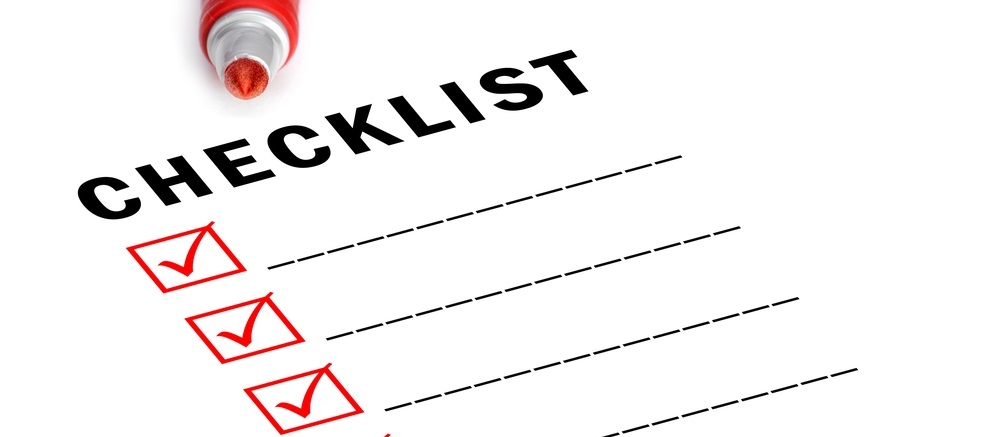AGM Checklist – How to Run an Effective Annual General Meeting
There are various types of meetings associated with running a strata scheme.
One of the most important meetings to take place is the Annual General Meeting. At an AGM, Lot Owners have the opportunity to vote on important issues such as setting the annual levies, enter into agreements for services and electing the body corporate committee for the following 12 months. Topics covered during an AGM include, but are not limited to; income and expenditure statements, setting annual budgets and any proposed future major works that exceed the committee’s spending limit.
The Body Corporate and Community Management Act 1997 states that an AGM must be called and held within 3 months after the end of the body corporate’s financial year. The meeting must take place at least 21 days after the notice of meeting is received by all Lot Owners.
If you are in need of advice regarding your next AGM, we specialise in providing a full range of services relating to the calling of meetings, compilation and issuing of notices and minutes, guidance and information to Bodies Corporate. Below we have provided a comprehensive checklist to help you effectively run your next AGM:
• Select a practical venue and time; most Bodies Corporate choose to hold their Annual General Meetings onsite in a common area, or if this is not practical, a nearby location capable of accommodating the anticipated number of attendees. Selecting a venue that is easily accessible to Owners will result in a higher attendance. Likewise, scheduling the meeting at an accommodating time will allow for the attendance of more members
• Have a clear agenda; Legislation requires several statutory motions to be listed on the agenda, including but not limited to; presenting the financial accounts for the year, deciding on an audit of the accounts, adopting budgets for the year and confirming the insurance policy held by the body corporate. The agenda must also include any motions submitted by the Committee and Lot Owners before the end of the body corporate’s financial year
• Open the meeting on time; the Chairperson of the Body Corporate Committee (or nominated stand-in) must open the meeting on time. If a quorum is not present (at least 25% of eligible voters), half an hour is allowed for to gain the quorum. If after half an hour, a quorum is not reached, the meeting must be adjourned to the same time and location, exactly 7 days later
• Stick to the agenda; as a General Meeting, the Chairperson should inform all attendees that only items listed on the agenda may be discussed and voted upon during the meeting. Allow time for questions to be asked, and discussions to be had on items, and ensure that the Committee and its representatives are able to make informed statements regarding the motions
• Arrange for votes to be easily counted; a small attendance may only require a show of hands to be easily counted, however, if attendance is expected to be a large number, it may be necessary to employ devices such as numbered cards to allow for easily vote tallying
• Declare all votes counted and the outcome of the motion: clearly announce the votes for and against the motion, and whether the motion is carried
• Keep full and accurate minutes; It is a legislative requirement that Bodies Corporate keep accurate records of all meetings. The minutes of an annual general meeting must be distributed to each Lot Owner within 21 days of the meeting
• Close the meeting in good time; due to the strict agenda, most Annual General Meetings close within an hour of the opening time. If the meeting has been called after business hours, an early finish time will be favourable to many attendees and will encourage attendance at the next meeting
This article was contributed by Lauren Spackman, Accredited Strata Community Associate – Archers the Strata Professionals.


Leave a Reply
Can the meetings be taped.? Can the observers tape the meetings?
Hi Mary-anne,
While it is not legislatively stated that meetings cannot be taped or recorded, any person wishing to do so should bear in mind any general laws that relate to recording conversations without another party’s permission. It is strongly recommended that any person wishing to record a meeting makes their intentions known before doing so and gives all parties present the opportunity to object.
It should also be noted that taped recordings of meetings would not be seen as formal documentation of said meetings.
I hope that is of assistance,
Lauren.
Do statutory motions, budgets and committee motions need to be “prepared” by the committee prior to inclusion on the AGM agenda? “Prepared” being a decision made by a vote by a committee meeting and not simply added to the agenda by the body corporate manager or individual committee members.
Hi Glenn,
Legislation states that any Owner wishing to have a motion submitted to the Annual General Meeting must submit this motion for inclusion by the end of the financial year. Therefore, any motion that is included on the agenda after this date must be submitted and approved by the Committee. The Committee will need to pass a motion in order for this to occur.
Most Bodies Corporate will hold a Budget Meeting after the financial year end to establish the budget to be included on the AGM agenda, and will pass a motion to include all statutory and any addition Committee motions at this meeting. This can also be voted upon via a Year End Flying Minute (also known as a Vote Outside Committee Meeting).
Thanks,
Lauren.
Hi Lauren,
Thank you for your comprehensive reply which has been extremely helpful clarifying some concerns I have had about calling and running an AGM in accordance with BCCM legislation.
Being provided with the facts provides a sound basis for cooperation amongst community owners.
Kind Regards
Glenn